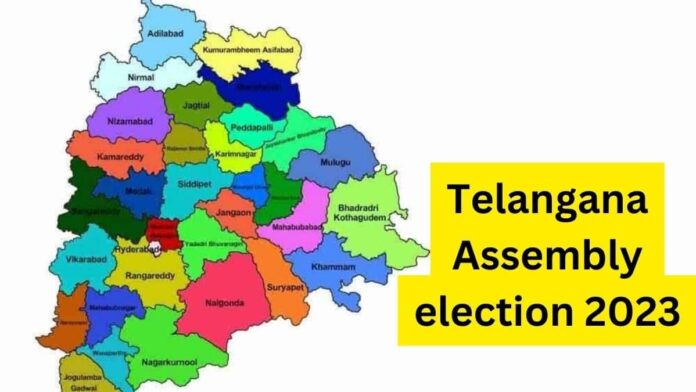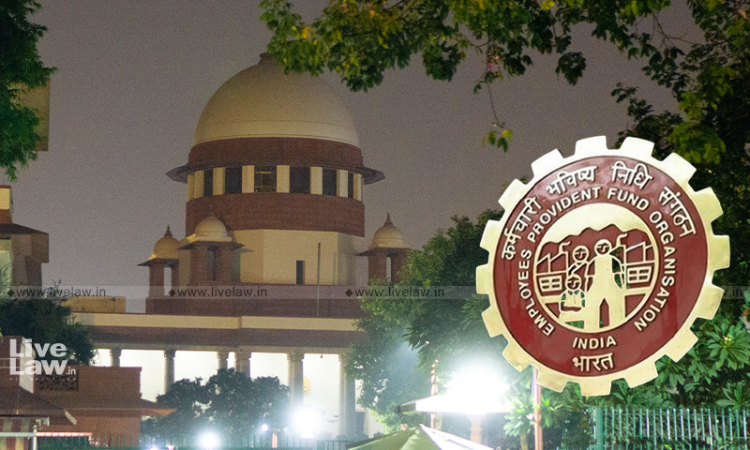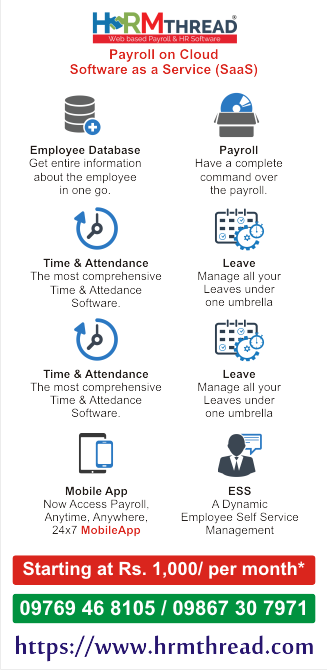Case Background: Dr. Kavita Yadav, a Senior Resident (Pathology), worked at Janakpuri Super Speciality Hospital in Delhi. Her employment was temporary and extendable on a yearly basis, with a maximum tenure of three years. In 2017, she applied for maternity benefits under the Maternity Benefit Act.
Her employer, citing the termination of her contract on June 11, 2017, granted her only 11 days of maternity benefits. Dr. Yadav contested this decision in the Central Administrative Tribunal and later in the High Court but was unsuccessful. The High Court argued that, since her contractual employment was time-bound and ended during her maternity leave, there was no “absence” to warrant full maternity benefits. Extending her leave, according to the High Court, would mean unintentionally extending her contract.
Supreme Court’s Decision:
The Supreme Court provided a detailed explanation of its judgment:
Interpretation of Maternity Benefit Act: The Supreme Court interpreted the Maternity Benefit Act, which is intended to provide maternity benefits to women. It emphasized that the Act uses the term “maternity benefits” and not “maternity leave.” This distinction is crucial.
Eligibility for Maternity Benefits: The Act, specifically in Section 5(2), sets conditions for eligibility for maternity benefits. These include a woman having worked for a certain number of days in the 12 months before her expected delivery. Dr. Yadav met these conditions.
Maximum Duration of Maternity Benefits: The Act also specifies the maximum duration of maternity benefits in Section 5(3), which is 26 weeks. However, there’s no requirement in the Act that maternity benefits must be co-terminus with the employment tenure.
Prohibition on Dismissal During Pregnancy: The Act, under Section 12(2)(a), prohibits an employer from dismissing or discharging a woman during her pregnancy or maternity leave. This means that once a woman fulfills the eligibility criteria, she’s entitled to maternity benefits even if her contract ends during this period.
Legal Precedents: The Supreme Court referred to previous cases, including one involving female muster roll workers, where it was ruled that the Maternity Benefit Act applied to workers employed on a casual basis or daily wages. The Court noted that the Act is in line with constitutional principles and international obligations.
Overriding Effect of the Maternity Benefit Act: Section 27 of the Act states that it prevails over any other law, award, agreement, or contract of service. This reinforces that the Act’s provisions should be followed.
Court’s Decision:Given the above interpretation and the legal precedents, the Supreme Court ruled that Dr. Kavita Yadav was entitled to full maternity benefits under the Maternity Benefit Act, even though her contract had ended.
The Court instructed the employer to provide these benefits within three months from the date of the judgment, and the earlier decisions by the employer rejecting her claim were invalidated.This judgment, delivered by a panel of three judges, was dated August 17, 2023. It clarifies the rights of female employees to maternity benefits and ensures that these benefits are not curtailed due to the termination of their employment contracts during maternity leave







